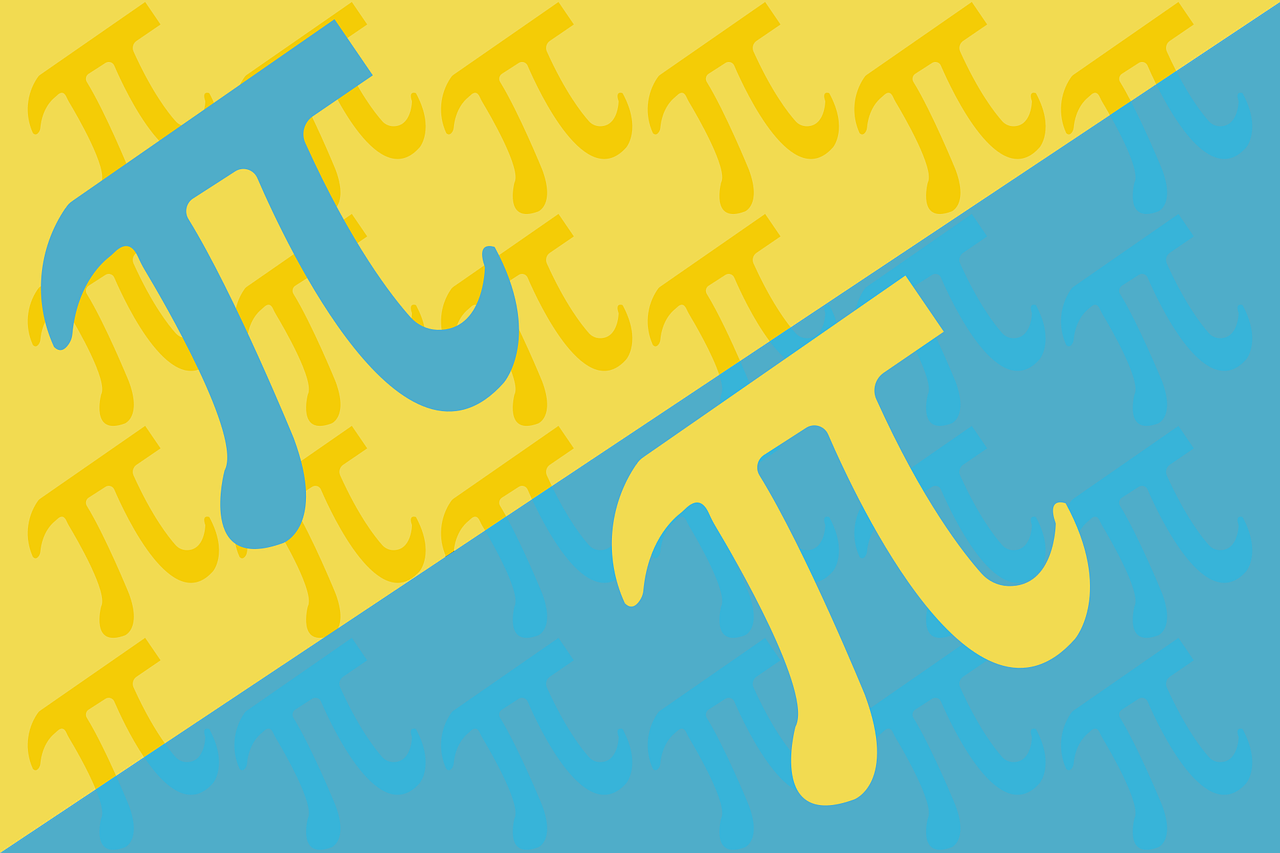
Thu 14 Mar 2024 22:35
How many digits of Pi could you possibly need?

While nobody can deny that reciting from memory 70,030 digits of Pi is a remarkable feat, how many digits of Pi might someone possibly need for a calculation? How might one think about this question?
One approach is to consider how Pi is typically used. It's used for computing things like the circumference or area of a circle, or the volume of a sphere. A reasonable way of asking ourselves how many digits of Pi could be useful is to imagine that we were computing the volume of a very large sphere using the very smallest possible units. Then imagine that we were computing that volume to very high precision. What would be the highest precision we might want? Well, if we're using the largest possible sphere and measuring volume in the smallest possible units, it doesn't make sense to consider more digits of Pi than what you would need to compute that sphere's volume to such high precision that the error would be less than one unit of volume.
So what might be the largest sphere we might compute the volume of? And what might be the smallest units that we could use for this calculation? Well, the observable universe is a very large sphere, about 93 billion light years in diameter. Thanks to quantum physics, we know the smallest useful unit of distance is the Planck Length, making the smallest unit of volume the Planck length cubed. The Planck length is a very small number, 1.616255×10−35 m; cubing it gives 4.848765×10−105 m3.
As I was feeling a bit lazy, I asked ChatGPT to do the calculation for me. It claims that the volume of the universe, is about 8.45×10−184 Planck lengths cubed. That suggests that one can't conceivably need more than 185 digits of Pi for any expected calculation in physics. If any physicists are reading this and can think of a viable need for more digits of Pi than that, I'd be interested to hear about it.
That, of course, doesn't mean that knowing thousands of digits of Pi is somehow less of an impressive, if abstract, feat of pure memorization. Just don't expect any physicists attending a recitation to stay tuned beyond digit 185. Happy Pi day!
